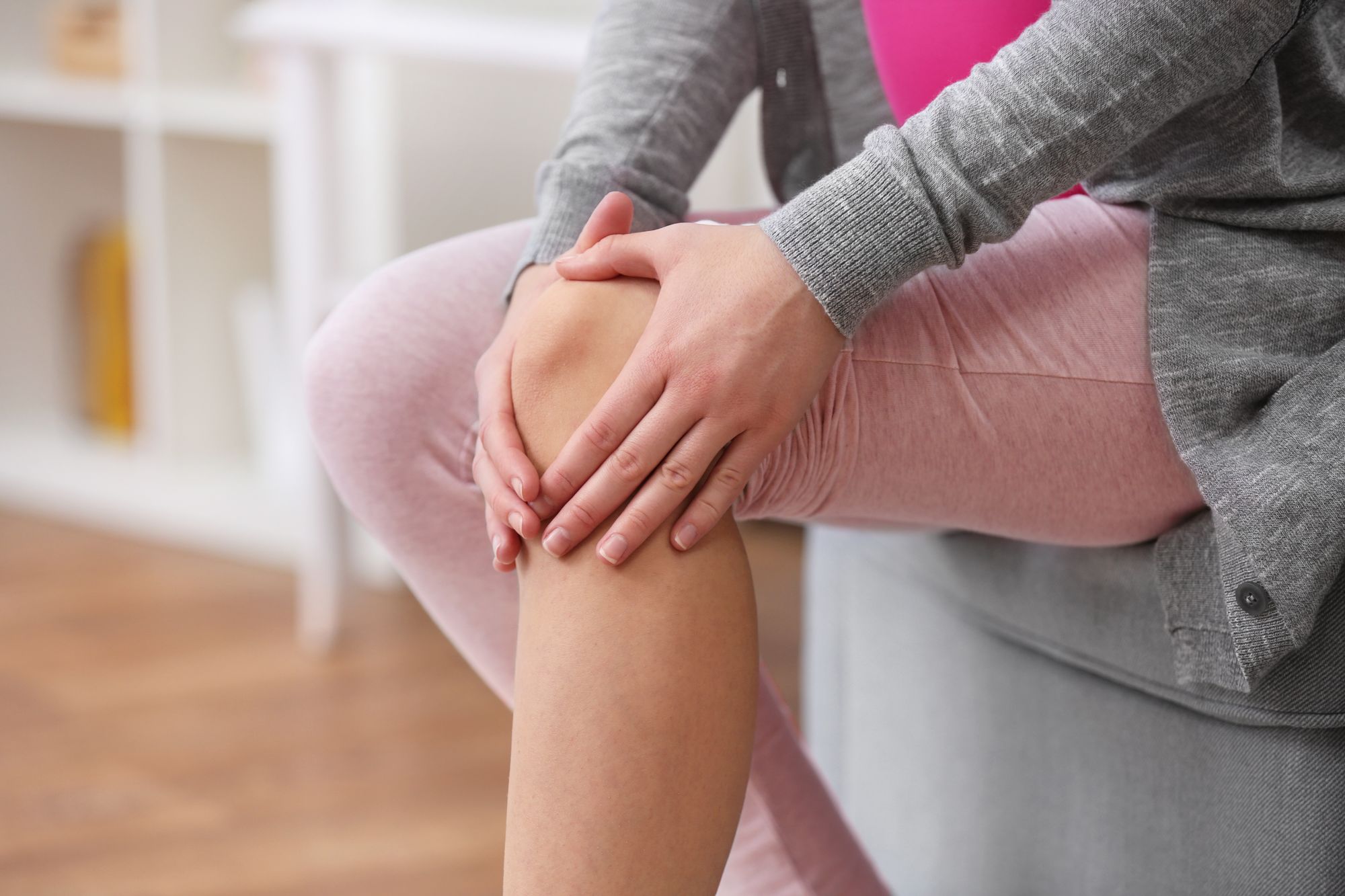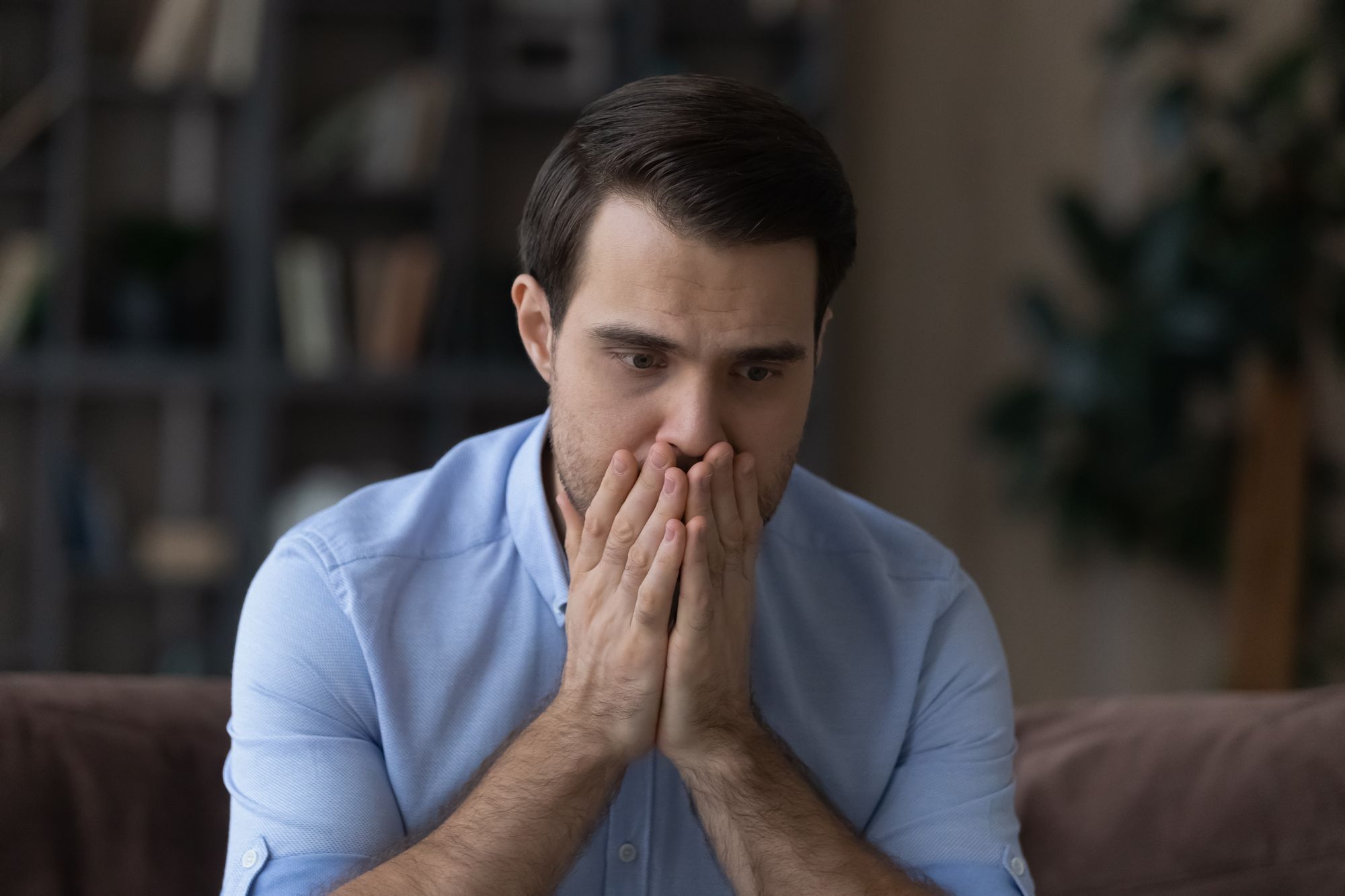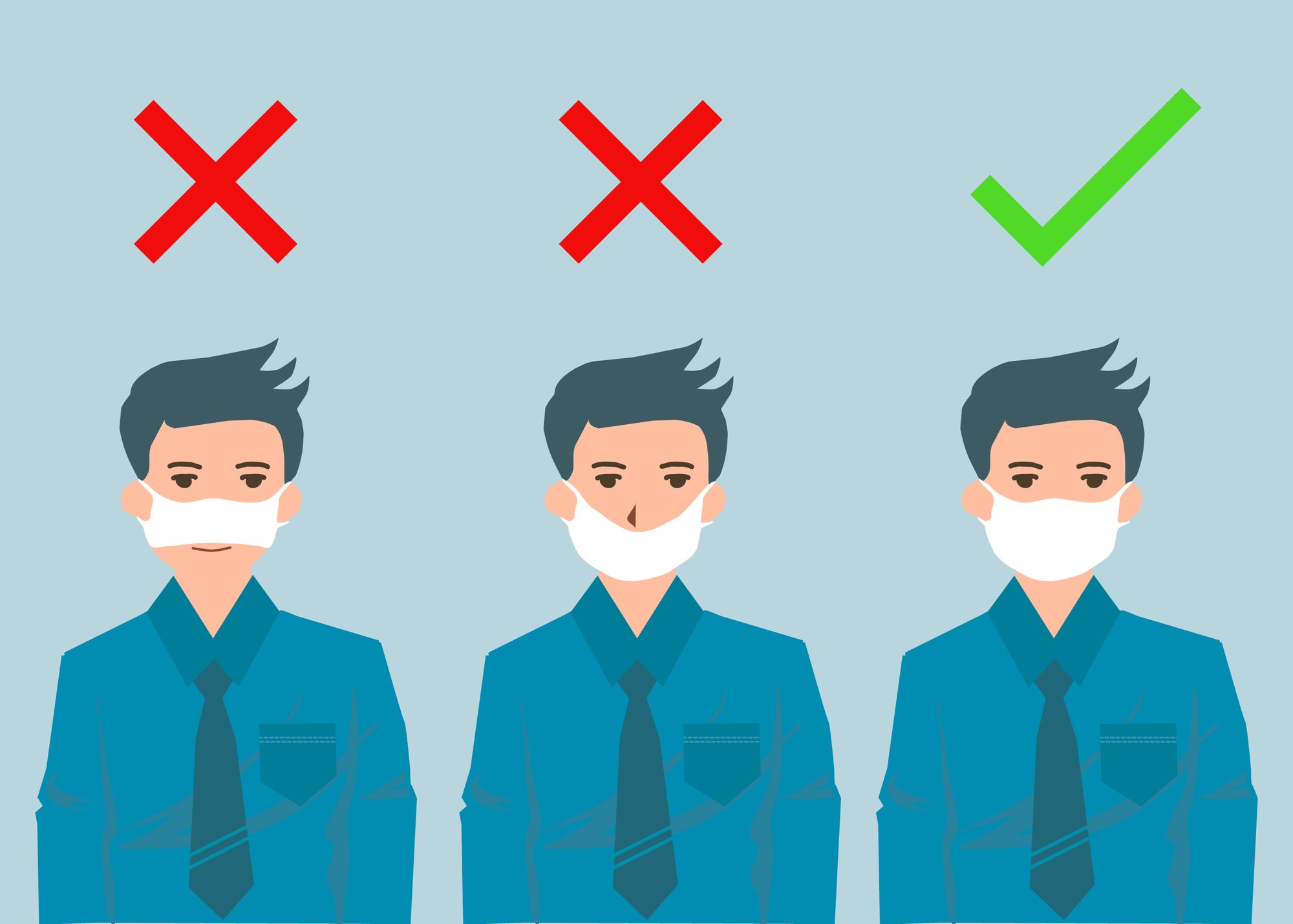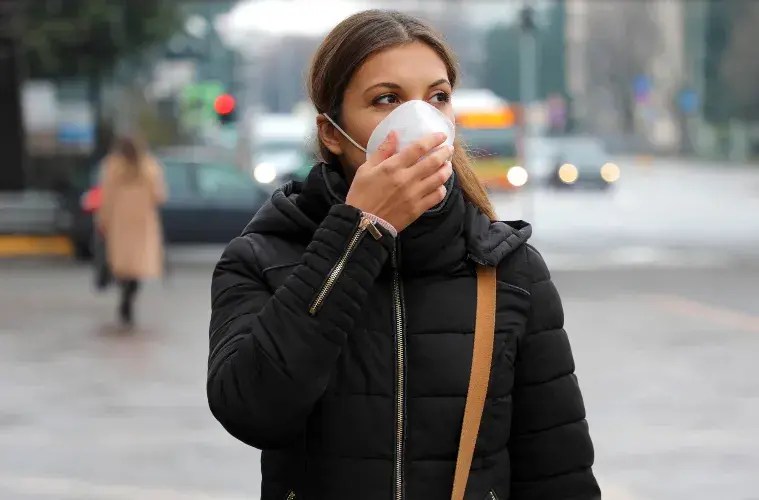Have you heard about post-COVID syndrome? Clearly, as the name suggests, its something you develop only if you’ve ever been infected with COVID-19. But is that much information enough? We wanted to know what exactly is post-COVID syndrome, who’s more likely to develop this syndrome, the symptoms and everything else. And so, we spoke to Dr. Trupti Gilada, Consultant Physician in Infectious Disease, Masina Hospital to get first-hand and credible information about it and here’s how she explained it all!

What Is Post-COVID Syndrome Or Long-Haul COVID?
A subset of people who have recovered from COVID-19 may experience lingering symptoms for several weeks or months after their COVID illness. The incidence of post-COVID syndrome is estimated at 10-35%, while for hospitalised patients it may reach 85%. This is described as post-COVID syndrome or long-haul COVID. Although various aspects of the syndrome still remain to be completely understood, what is clear is that the syndrome has significant unfavorable effects on the person’s quality of life, impacting family and social life as also work productivity.
Who Can Get It?
Those who had severe COVID-19 illnesses as also elderly and those with pre-existing illnesses like diabetes, heart, lung and kidney diseases are more prone. But what is perplexing is that even the young and healthy people who either had no symptoms or just mild symptoms can also feel unwell for weeks to months after infection.
What Are The Symptoms?
The most common symptoms are fatigue, joint pains, body ache, breathing difficulty, cough and a persistent loss of smell and taste. Varying degrees of depression, anxiety, sleep impairment and chronic fatigue syndrome are also seen in many. Lungs, heart and brain are the other main organs that are affected. Life-limiting complications like pulmonary fibrosis and strokes are seen but are uncommon. Pulmonary fibrosis is seen in those who have suffered severe initial lung disease requiring ventilatory or prolonged oxygen support.

What Should You Do If You Have Lingering COVID-19?
1. Pre-Habilitation
Pre-habilitation is getting your body prepared for a foreseen event to reduce effects of the disease. This may help prevent a complicated COVID infection. If you have any pre-existing illness, it is wise to visit your doctor to ensure you are doing well and to understand what additional measures you need to take to keep your disease under check. For those with diabetes, ascertain that your HbA1C values are 6.5mg/dL or below with appropriate diet, exercise and medications.
COVID-19 vaccination, a balanced nutritious diet, good hydration and regular physical exercises are essential even for the otherwise young and healthy so as to decrease the risk of the post-COVID syndrome.
2. Be Informed
Be informed about a possibility of the syndrome even after your fever resolves and you test negative. This will help you keep a close watch on your symptoms and other signs. Similarly, also watch your other relatives at home who may have also had COVID-19. A lot of times, someone else observes the changes in health rather than the patient him/herself.
In case you do have some lingering complaints:

3. Do Not Panic
Do not panic even if you continue to have some symptoms even weeks after you first fell sick. You are not alone. Most people eventually recover without any residual effect. Check with your doctor who may help you with bothersome symptoms like breathlessness or aches.
4. Rejuvenate
To rejuvenate, give yourself a few days (sometimes weeks) to get back to routine gradually instead of hastily jumping right back in. If feasible, do not hesitate to ask for help whenever required, eg. for daily activities like cleaning, grocery shopping or cooking. Proper rest can help restore your energy and fight the fatigue.
Fitness enthusiasts can resume low intensity exercise initially, while concurrently monitoring vital parameters-heart rate, pulse oximetry and blood pressure. Gradual increase in exercise should be based on their symptoms and these parameters.
5. Relax
While at home, it is important to keep yourself occupied by activities that are either relaxing or productive. This includes napping, listening to music, playing indoor games, etc. Being idle for long hours may worsen any depression or anxiety.

6. Do Not Ignore Symptoms
When you feel something just isn’t right, do not ignore the symptoms. Please consult your physician who may want to evaluate you with certain tests to make sure all your organs are functioning normally. For example, a CT scan of the chest or pulmonary function test may be needed in someone who has persistent breathlessness. A recovery plan often comprises of physical therapy and counselling with or without medications. Similarly, if you feel you are depressed, anxious or are facing any other psychological issue, it is always better to take help early rather than try to solve this yourself.
There may be pills to relieve certain symptoms (like joint pains, headaches) but for many others, there is no specific treatment (like loss of smell/taste). For these, the only thing needed is reassurance and patience.
7. Do Not Self Medicate
It may do you more harm than good. Daily helpings of fruits and vegetables is much better than gulping down innumerable multivitamins pills. It is also prudent to ensure good vitamin D levels by either exposure to the morning sunlight or vitamin D supplements.
8. Continue Taking Precautions
Do not forget that having recovered from COVID may not make you immune to a reinfection in future, especially in the light of the possibility of newer strains. So please continue to follow masking, physical distancing and hygiene.
We cannot truly fight what we do not measure; and death is not the only thing that counts. We must also count lives changed by COVID and the post-COVID syndrome and work towards tackling it. Only then can we say that we are fighting the disease in its entirety.

Join the Girl Tribe by MissMalini App to be a part of such conversations with experts from all fields. Explore the app!

